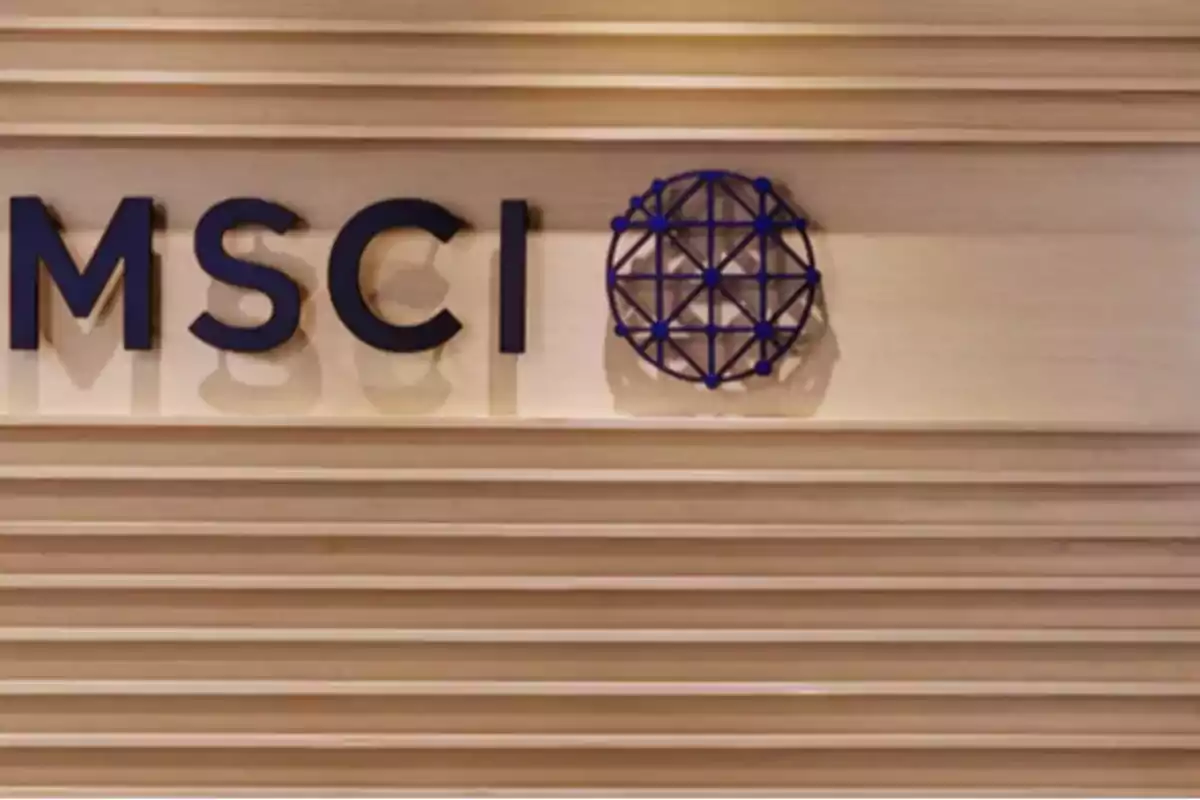
MSCI keeps Argentina as standalone, ignoring Milei's economic shift
Despite the new government's progress, the index provider kept the country off investors' radar
MSCI decided this month to keep Argentina as a "standalone market", relegating it to the most marginal category of the international financial system.
The decision, which postpones any possibility of an upgrade until June 2026, ignores the economic policy shift driven by President Javier Milei and penalizes a country that is beginning to reverse years of fiscal disorder, currency controls, and lack of clear rules.
A decision that fails to recognize the adjustment effort
The new government took office with a market in collapse, negative reserves, multiple currency controls, and a history of contractual breaches. In just six months, a fiscal surplus was achieved, subsidies were cut, monetary financing of the deficit was eliminated, and progress was made in deregulating the economy.
However, MSCI maintained its diagnosis focused on "foreign exchange market restrictions" and "lack of regulatory stability," without valuing the reform path that has already begun to show concrete results.

"It's clear that Argentina is no longer the same as in 2019. The correction path is underway, and the inherited structural conditions can't be reversed in a matter of months," stated a local stock market analyst.
The costs of remaining outside the indices
By keeping Argentina as standalone, the country is excluded from the main global indices tracked by institutional funds, such as MSCI Emerging Markets. This limits the inflow of long-term capital and raises financing costs, even for private companies.
The concrete effects of this exclusion include:
- Lower liquidity: Argentine stocks and bonds remain outside automated portfolios.
- Financial isolation: The country doesn't appear on the maps of major global asset managers.
- Halt to foreign investment: Positive regulatory signals aren't reflected in risk rankings.
MSCI and its ideological bias: green bonds yes, countries in adjustment no
In recent years, MSCI has shifted its focus toward ESG (environmental, social, and governance) criteria, prioritizing the inclusion of green bonds and assets with a "climate focus" in its indices, even above macroeconomic performance or countries' fiscal solvency.
This ideological bias leaves out emerging economies that, like Argentina, are making a genuine effort to reorganize their accounts and ensure stability. Meanwhile, issuers with environmental marketing are rewarded, while a country that achieved a fiscal surplus in record time is penalized, without considering that today's priority is to stabilize the real economy, not to comply with agendas imposed by multilateral organizations.

This isn't the first time: MSCI has already taken years to recognize improvements in Argentina
MSCI's decision isn't entirely surprising. Back in the 1990s, during the economic liberalization process under Menem, the country took years to be included as an emerging market despite meeting all technical requirements.
The same happened during the government of Mauricio Macri: although capital controls were lifted, the exchange rate was unified, and market access was guaranteed, MSCI only updated Argentina's classification in 2018, when much of the reformist cycle had already weakened. History repeats itself: the organization acts slowly, and often its reviews come late or when it's already too late to take advantage of the initial boost in confidence.
A review postponed until 2026
The next review won't arrive until June 2026. This represents a missed opportunity to accelerate Argentina's integration into the global financial system. However, it's also a signal that the government will need to deepen its roadmap and, in turn, generate institutional guarantees to ensure that the changes aren't reversed in the future.
More posts: